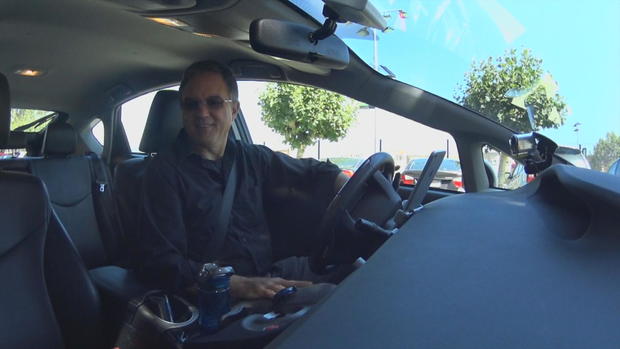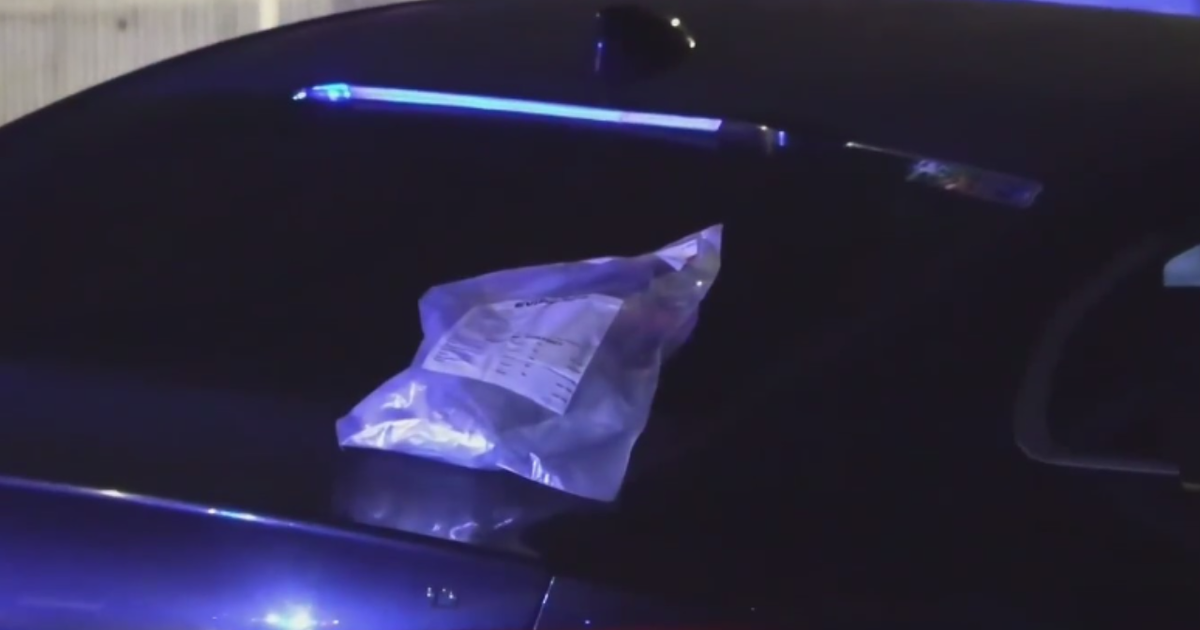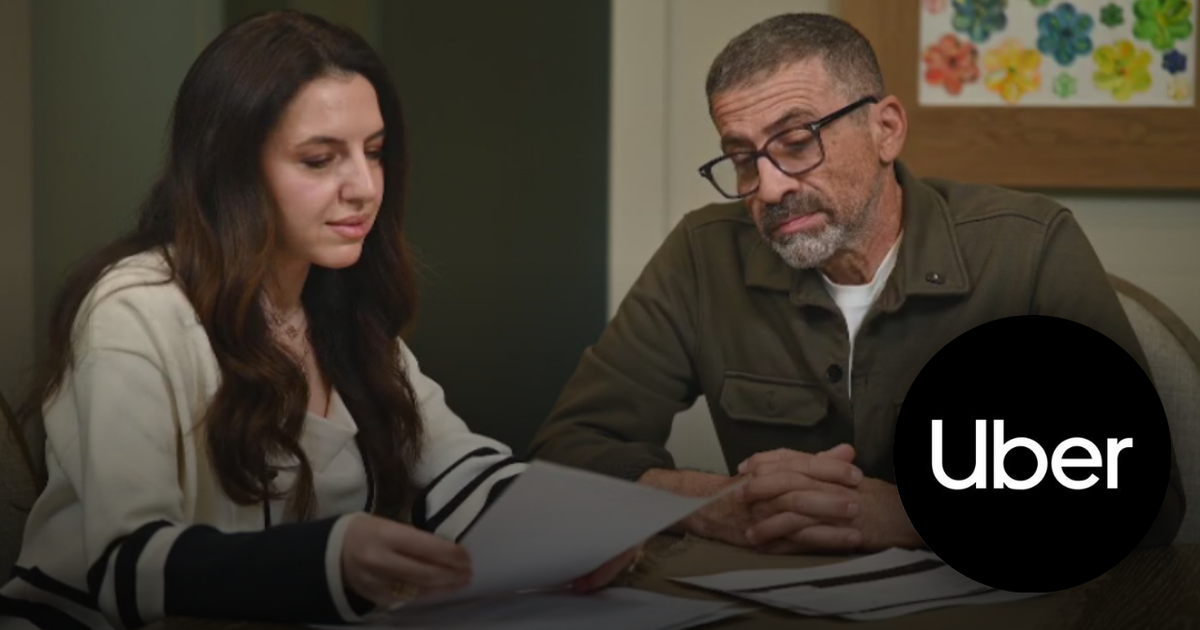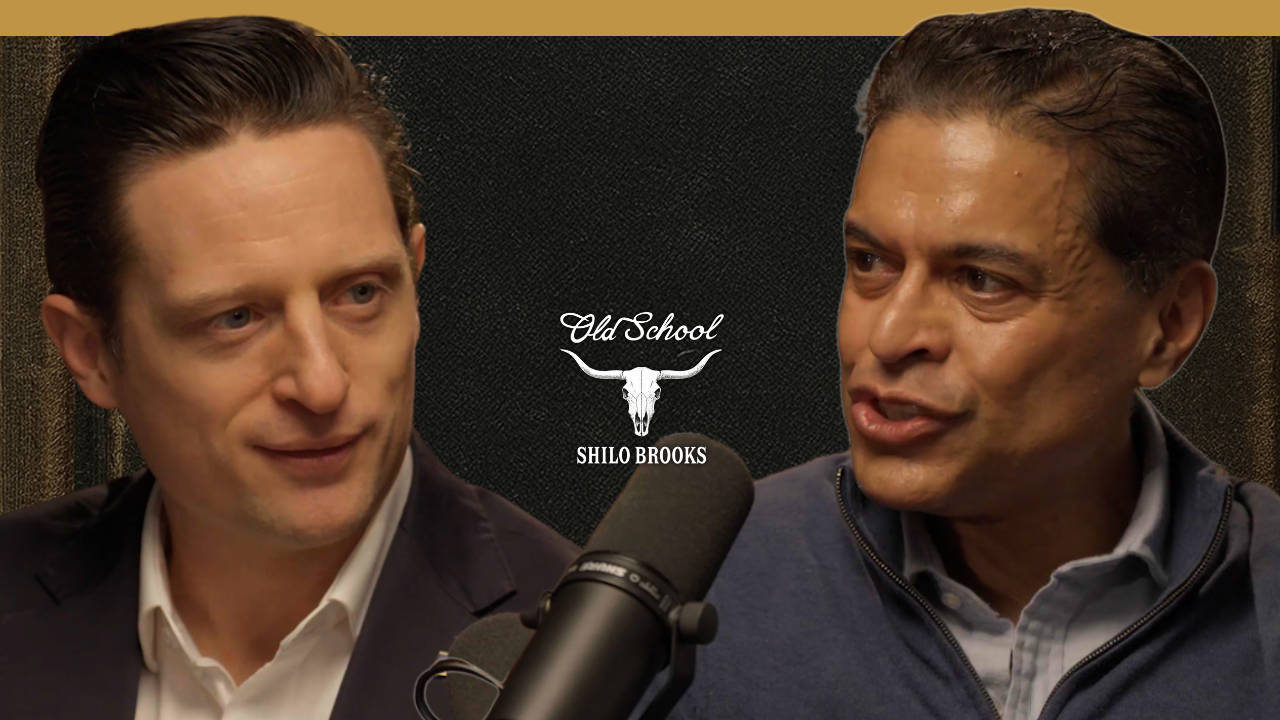Some Uber drivers say cheaper fares have them sacrificing sleep to earn more
Some Uber drivers are concerned the company's lucrative incentives are pushing them to sacrifice sleep for more pay.
Uber is in the first month of its six-month program designed to help drivers make more money called "180 Days of Change." The program calls for tipping, shorter cancellation windows and no more unpaid wait time.
But some drivers say they still can't make a decent wage without getting the bonuses they claim require longer hours and less sleep.
- How did Uber become such a corporate car wreck?
- Uber reportedly uses psychological tricks on drivers
- Uber, Lyft get subpoenas from San Francisco
Uber driver Dan Carrigan says he was making a lot more money a few years ago. With fares dropping to lure customers, he says now it's the drivers who are getting taken for a ride, reports CBS News correspondent John Blackstone.
"So many people believe you can just hop in the car and drive when you want. And make what you need. You're not gonna make what you need unless you make the bonus," Carrigan said.
Uber says the incentives are simply designed to help drivers earn extra money. For instance, if drivers take ten trips between 9 p.m. and midnight on a Friday, they could get an extra 20 dollars.
Carrigan says with lower fares, the optional bonus has become mandatory.
"One ride short, you'd lose a third of your income--or more," Carrigan said.
Asked if he would stay out late just for that one ride, Carrigan said, "Oh yeah, I definitely would stay up later at night if I was that close to the bonus. I would push myself past the point of being tired."
The National Highway Traffic Safety Administration estimates there could be as many as 1.2 million collisions every year because of drowsy driving. Still, there's no clear data on how many of those involve ride-hailing service drivers.
Uber's app reminds drivers to rest, but the company doesn't set a cap on their hours. Rival ride-hailing app, Lyft, shuts off its app after drivers work more than 14 hours, requiring a six-hour break.
But that's a voluntary measure because hours for ride-sharing service drivers are not federally regulated.
"They have no responsibility because they've completely delegated the safety of the driver and of the passengers to the driver himself or herself," said Kerry Fields, a professor of business law and ethics at the University of Southern California.
Uber estimates that seven percent of its drivers work more than 50 hours per week, while more than half of its drivers in the U.S. use the Uber app less than 10 hours per week.
Still, for the rest, getting enough rest could sometimes be a challenge.




